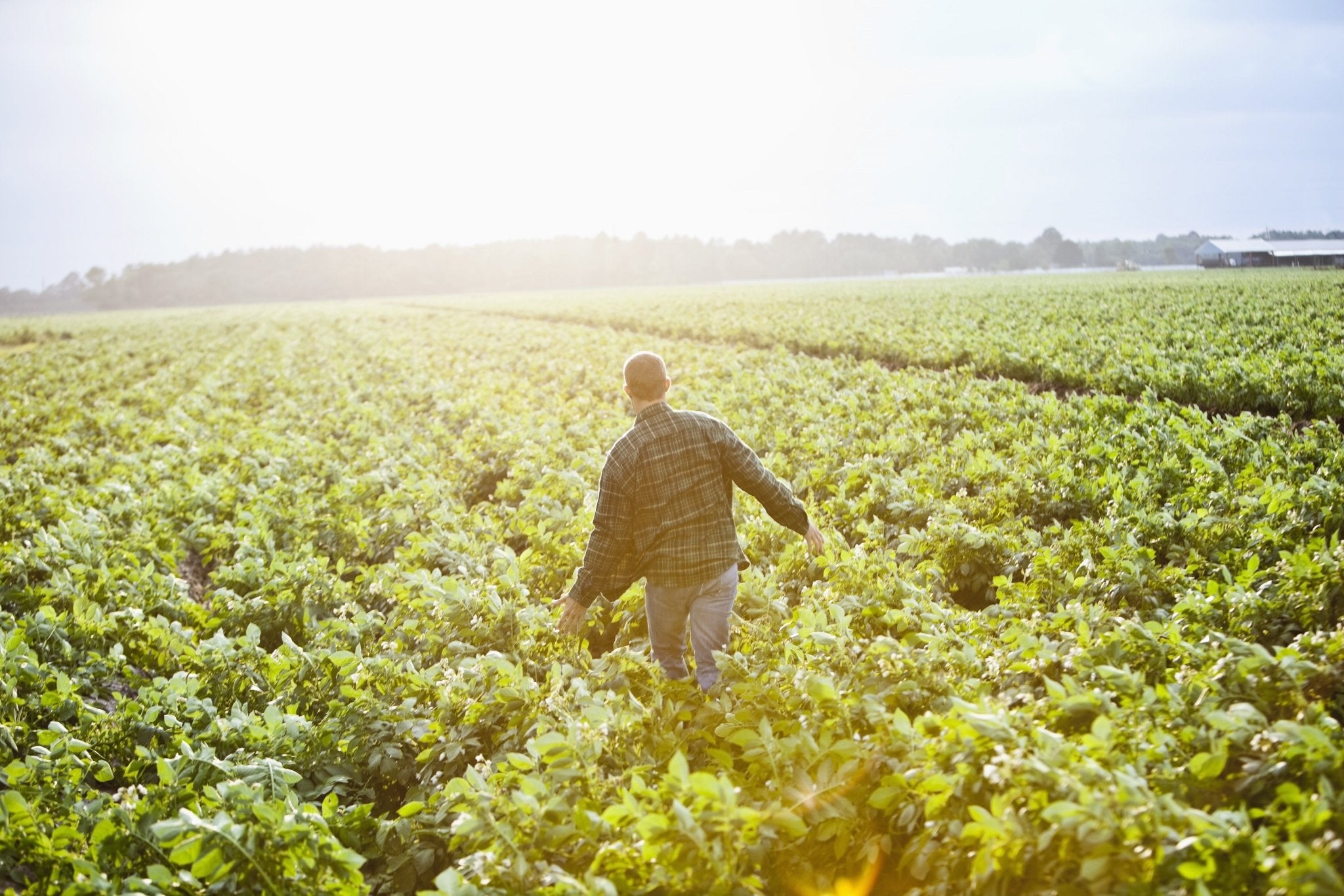
What Organic Can Teach Us About Farming Without Fossil Fuels
Tags:
Farms generally fall in one of two categories: organic or conventional. The fact that we have two such distinct and separate systems boils down to one substance: fossil fuels.
Agriculture, like nearly every aspect of human life, changed significantly under the influence of cheap energy. Machines replaced human labor. Petroleum-based fertilizers, herbicides, and pesticides allowed farmers to increase the size and productivity of their land. Quick fixes eclipsed thousands of years of farming in tune with ecological systems.
There is no doubt that agriculture flourished with these technologies, but at great cost to human and environmental health. Without cheap or plentiful fossil fuels, we will no longer be able to grow food this way. Organic farming uses 30-50% fewer fossil fuels to produce the same amount of food as conventional systems. Below is a list of the organic practices that make those energy savings possible.
In terms of energy units, the production of synthetic pesticides costs nearly as much the production of synthetic fertilizers. The two combined account for the majority of conventional agriculture’s greater dependence on fossil fuels.
As the world’s supply of fossil fuels dwindles, both conventional and organic farming industries aspire to capture more solar power, especially the kind that can run equipment. Running farm equipment along with the storage & transportation of crops are the biggest uses of fossil fuels on an organic farm. Tools like solar-powered tractors will help organic farms go fossil-fuel-free without sacrificing time or efficiency.
Organic farms do depend much more than conventional farms on one resource: human labor. But built into that dependence is a sustainable feedback loop: farmers grow food that feeds the workers who labor to grow more food. Until conventional farms can produce natural gas, petroleum, and coal, they can’t compete.
Save It, Don’t Spray It
Biodiversity is the key to organic pest and disease control. Many organic practices promote biodiversity on the farm. Growing multiple kinds of plants side-by-side and following crop rotations helps control soil-borne diseases and pest populations. Using hedgerows and flowering plants that provide food and habitat for beneficial insects effectively reduces the need for insecticides. Avoiding chemical herbicides and fungicides protects soil organisms, one of the organic farmer’s most valuable assets.Ditch the Chemical Fertilizers
Organic farmers use things like cover crops or compost to build soil fertility instead of synthetic fertilizers. The type of concentrated nitrogen applied to conventional farm fields is manufactured by an energy-intensive, heavily polluting process that converts natural gas into ammonia, which is used to create fertilizers like ammonium nitrate and urea. The ag industry depends on these fertilizers – and the fossil fuels that make them possible – to produce large yields. Electing to draw nitrogen from organic sources comes with other benefits. The plant-based materials that organic farmers plow into their fields are more than pure nitrogen. As they break down, they release other nutrients and minerals and leave behind plenty of organic matter. Organic matter is the decomposed plant bits that continue to feed soil organisms even after the nutrients leach out of them. Organic matter also increases the soil’s ability to hold water, makes it easier to till and weed, and improves the soil’s storage and delivery of nutrients. Because organic farms rely on plant-based soil amendments, their soils’ organic matter levels average around 30% higher than conventional farms’.Increase Your Solar Power
Solar energy is one of Earth’s most abundant (and affordable) resources, but plants are surprisingly inefficient at capturing it. On average, plants can only photosynthesize about 1% of the solar energy that hits their leaves. On a conventional farm, solar energy collection via photosynthesis ends there. Organic farming utilizes cover crops planted when the soil would otherwise be bare and allow a farm to capture 1.8 times more solar energy.Would you like to be the first to hear about our new products and more? Sign up for our Nature’s Path Newsletter.

